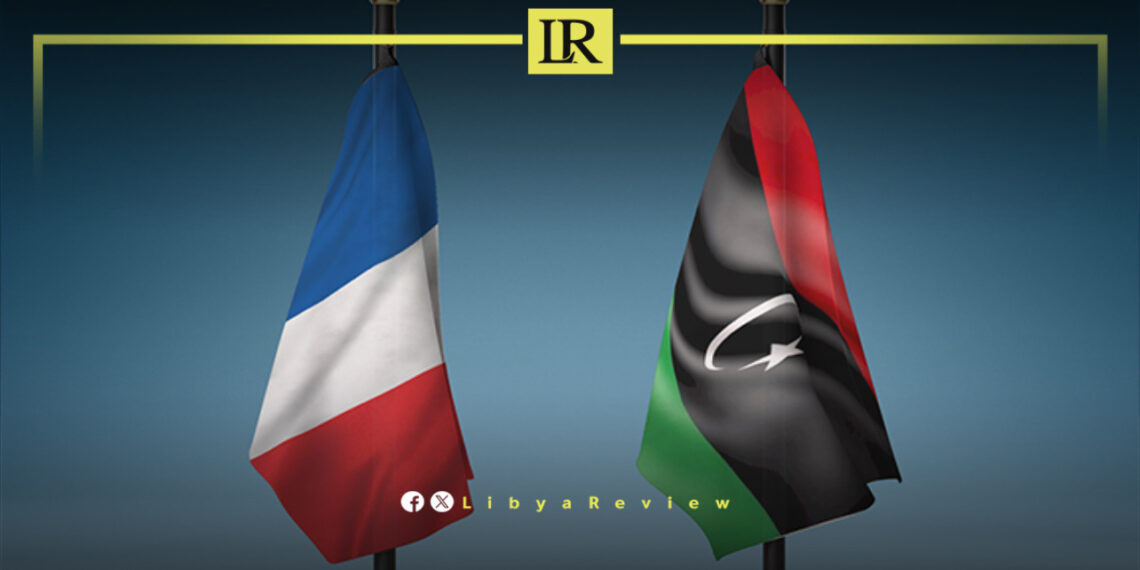On Saturday, the Libyan Criminal Research and Training Center, under the Office of the Attorney General, signed a cooperation agreement with Expertise France to enhance the country’s criminal justice system.
The signing ceremony took place at the Tripoli International Fair alongside the International Public Prosecution Book Exhibition, under the patronage of the Attorney General. The event was attended by judicial officials, diplomats, authors, and public figures, reflecting the significance of the partnership.
This agreement builds on a Memorandum of Understanding (MoU) signed on October 26, 2021, between Libya’s Ministry of Foreign Affairs and International Cooperation and Expertise France. The goal is to improve the skills of personnel working in criminal justice and judiciary management, enhancing the performance of the entire justice system.
A core element of the partnership is the development of advanced training programs that combine theory with practical experience. It will also facilitate the exchange of expertise between Libyan and French professionals, ensuring best practices are shared and applied effectively. This initiative aims to make Libya’s justice sector more efficient, accountable, and aligned with international standards.
Minister of Justice Halima Abdulrahman, representing the Government of National Unity, emphasized the importance of this collaboration in modernizing Libya’s judiciary. She noted that such initiatives are crucial for restoring public trust in legal institutions and building a transparent, fair, and reliable justice system.
Libya’s judicial sector has faced significant challenges in recent years, making institutional reform a priority. Strengthening the criminal justice chain—from investigations to prosecutions and trials—is essential for maintaining stability and the rule of law. This cooperation with Expertise France comes at a critical moment in Libya’s efforts to improve governance and ensure access to justice for all citizens.
This international partnership not only supports professional development but also highlights Libya’s commitment to reform and openness to global expertise. It is expected to play a vital role in creating sustainable improvements across the justice system, ultimately contributing to a safer and more just society.


